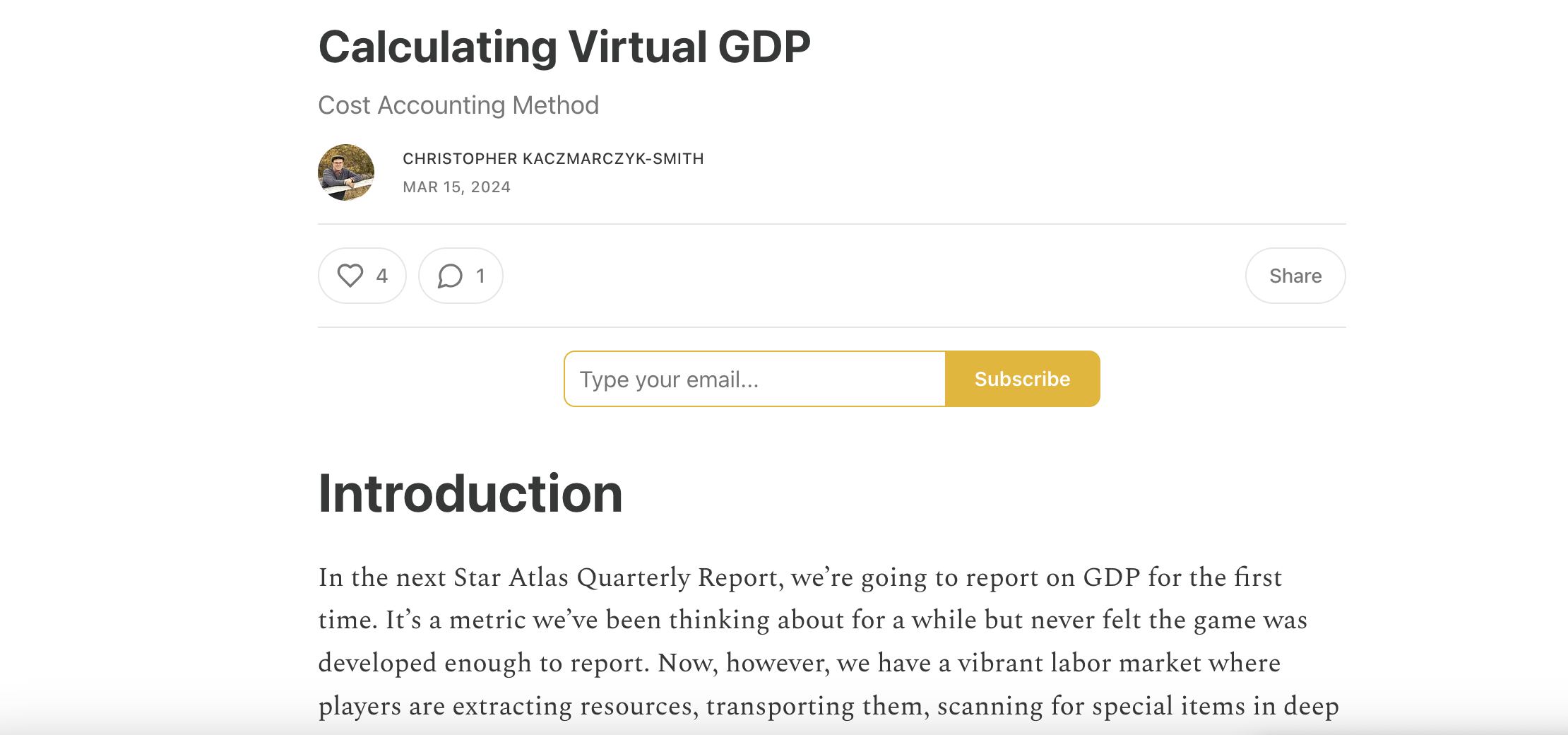Algorithmic Stablecoins: Will They Ever Find Enough Support?
Algorithmic stablecoins, as their name implies, are cryptocurrencies that use algorithms to maintain a stable value instead of being backed up by any sort of reserve asset as collateral. However, in reality, some algorithmic stablecoins have struggled to maintain a stable peg, while others have failed catastrophically.
Giant whale 0xc30 sold 2,714 ETH 2 hours ago
According to Spot On Chain data monitoring, the whale 0xc30 sold 2,714 ETH at an average price of $1,530 through the intermediate address 0x46E two hours ago, and the selling price was 4.15 million USDC. Since October 9, he has sold a total of 3,265 ETH at an average price of $1,543, with a selling price of 5.04 million USDC. Currently, the whale still holds 4,448 ETH in two addresses, and is expected to lose about 2.3 million US dollars in ETH.
Coinbase: USDC Deposits and Withdrawals on Polygon Have Been Supported
October 11th, Coinbase Assets tweeted that Coinbase now supports deposits and withdrawals of USDC on Polygon. USDC deposits on Polygon are now open, and all bridged withdrawals will be converted to local withdrawals around 3am Beijing time on October 13th.Previously, native USDC had been launched on the Polygon PoS mainnet. With the addition of Polygon PoS, native USDC is now circulating on 15 different blockchain networks.
Coinbase extends USDC’s multi-chain availability to Polygon
Coinbase Assets announced in a tweet that Coinbase has expanded the multi-chain availability of USDC on Polygon. This release will bring more efficient USDC transactions and USDC deposits will be available on Polygon. All bridged withdrawals will be converted to local withdrawals at around noon Eastern Time on October 12th.
Circle Enables Minting of USDC on Polygon, Streamlining Transactions and Access to DeFi Applications
Circle, the stablecoin issuer, has launched a new initiative that allows users and developers to mint USD Coin (USDC) directly on the Ethereum layer-2 scaling protocol, Polygon. This eliminates the need to bridge the stablecoin from Ethereum to another blockchain, simplifying the process. The integration promises near-instant transactions with minimal fees, making it crucial for a range of applications, including payments, remittances, trading, borrowing, and lending. <br>
EigenLayer Chief Strategy Officer Calvin Liu Cleared More Than 60,000 LDOs
According to Lookonchain monitoring, Calvin Liu, Chief Strategy Officer of EigenLayer, sold the remaining 61,729 LDO at a price of $1.47 30 minutes ago and received 90,825 USDC.
It is reported that Calvin Liu purchased 370,370 LDO from Lido: Treasury on May 7, 2021 at a price of $0.75, spending 80 ETH (279,000 US dollars).
USDC Circulation Increased by $200 Million in the Past Week
According to official data, as of September 14th, Circle issued 1.2 billion USDC and redeemed 1.1 billion USDC in the past 7 days, increasing the circulation by 200 million USDC. The total circulation of USDC is 26 billion US dollars, with a reserve of 26.1 billion US dollars, including 1.8 billion US dollars in cash and the Circle Reserve Fund holding 24.3 billion US dollars.
Mark Cuban Wallet Transfers $2.8 Million in Crypto Assets to New Wallet
Spot On Chain monitoring shows that Mark Cuban, owner of the NBA's Dallas Mavericks, has just transferred $2.8 million worth of cryptocurrency to a new wallet. This includes $2.1 million worth of USDC on the Polygon network, as well as 338 stETH (valued at $556,000) and 175,000 USDC on the Ethereum network.
A Certain Whale Purchased 2.3 Million ARBs 3 Hours Ago, Worth Approximately US$1.82 Million
On September 13th, according to Lookonchain monitoring, a whale spent 1.82 million USDC to purchase 2.3 million ARB tokens at an average price of $0.79 per token, 3 hours ago.
Analysis Shows Some Dollar-Pegged Stablecoins More Prone to Depegging Than Others
According to analysts at S&P Global, some dollar-pegged stablecoins are more prone to depegging than others, with Circle's USD Coin (USDC) and MakerDAO's Dai (DAI) being the most susceptible. A research paper from September examined the valuation and depegging of five leading stablecoins, including Tether (USDT), Binance USD (BUSD), Paxos (USDP), USDC, and DAI.






